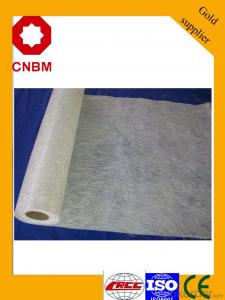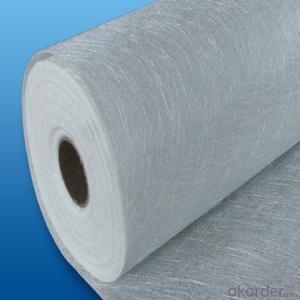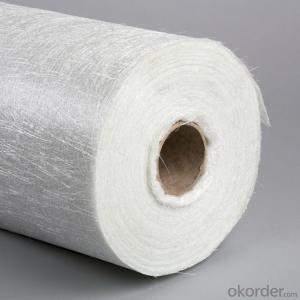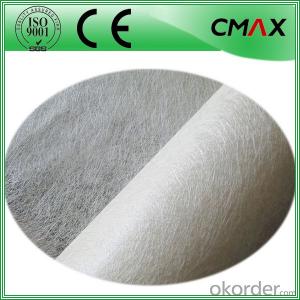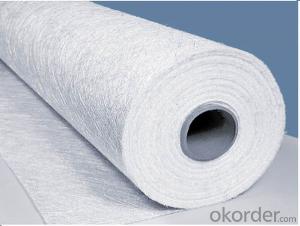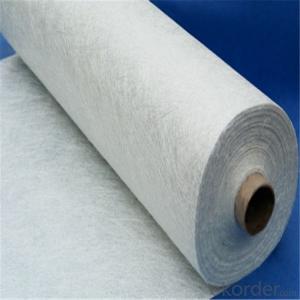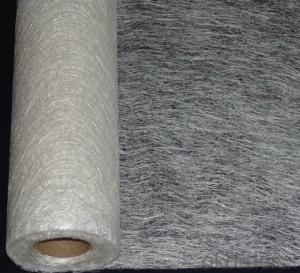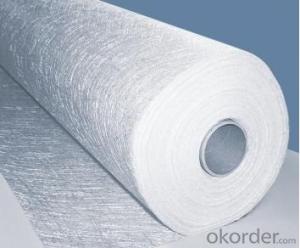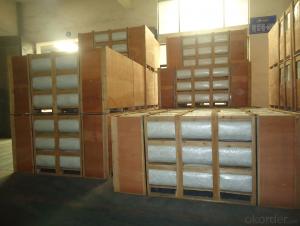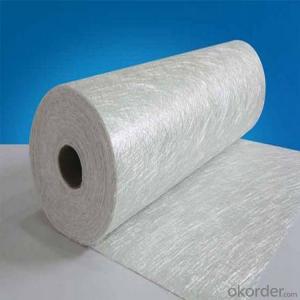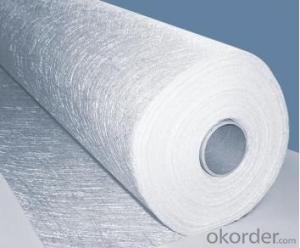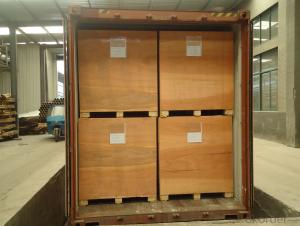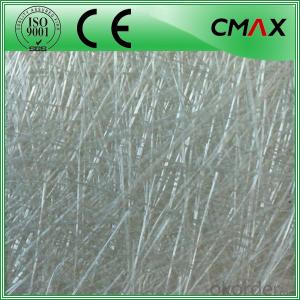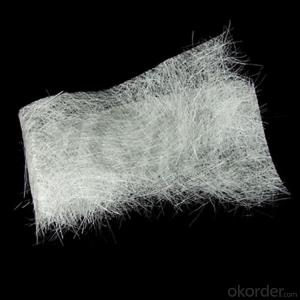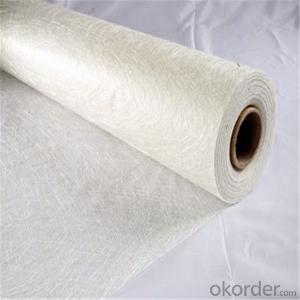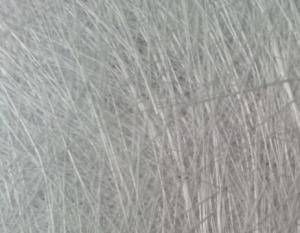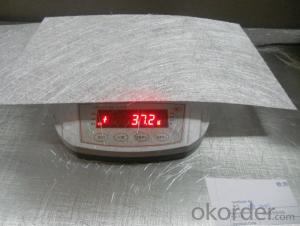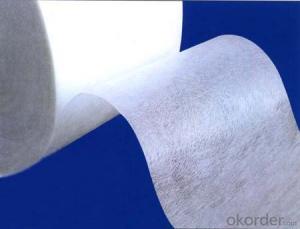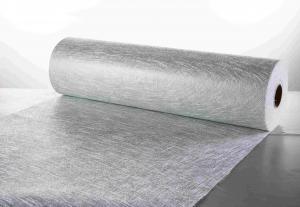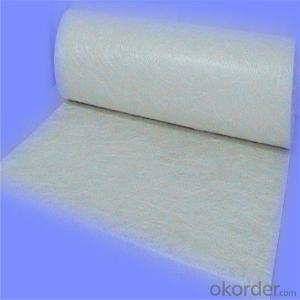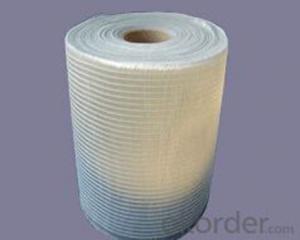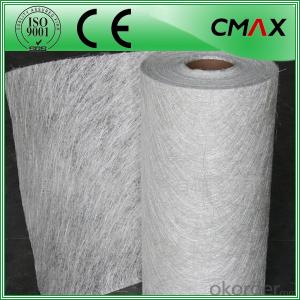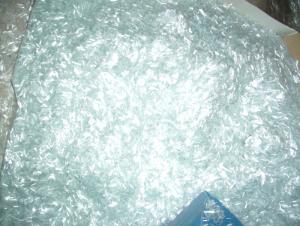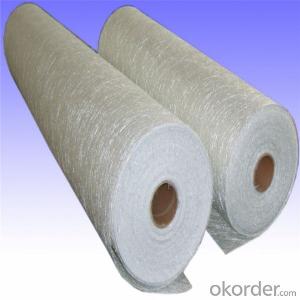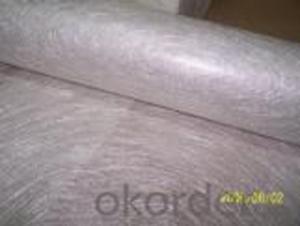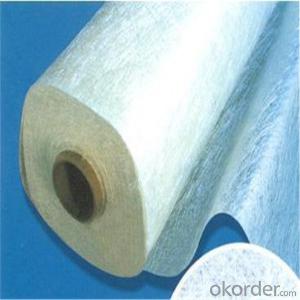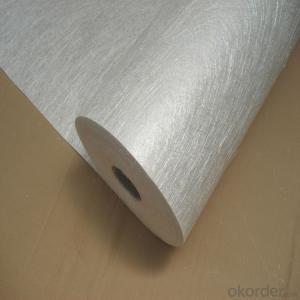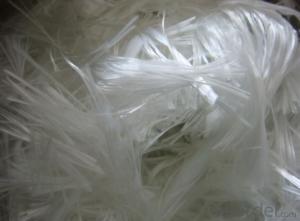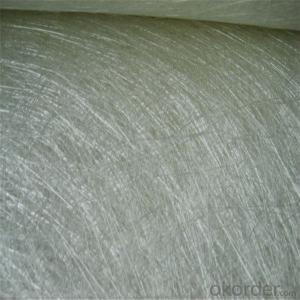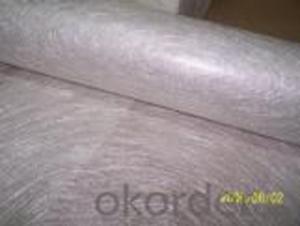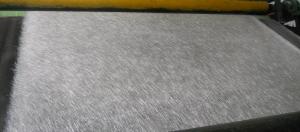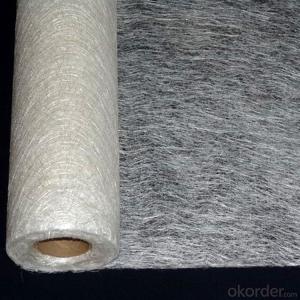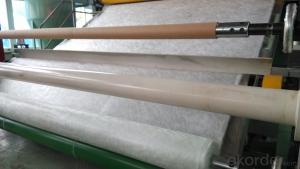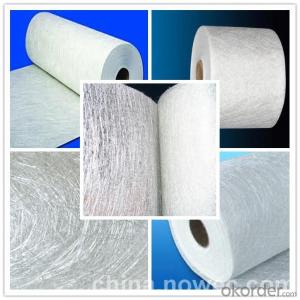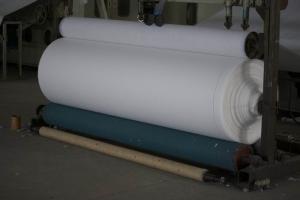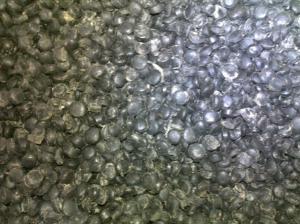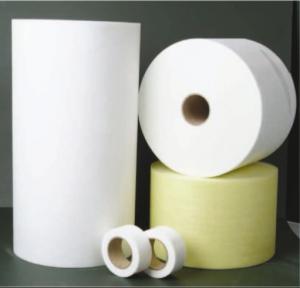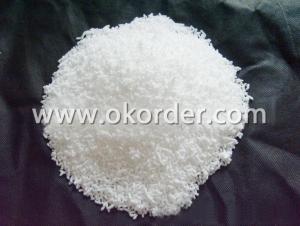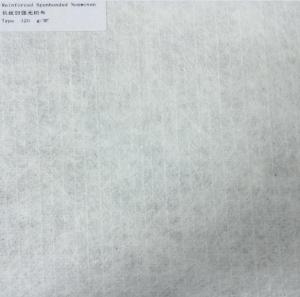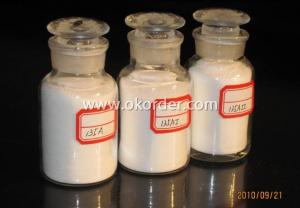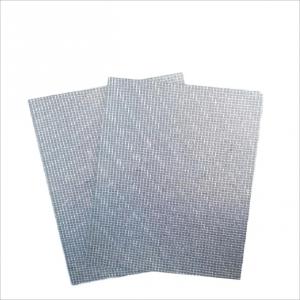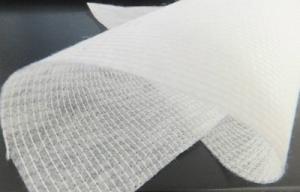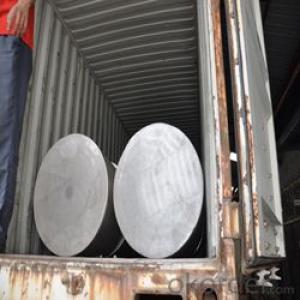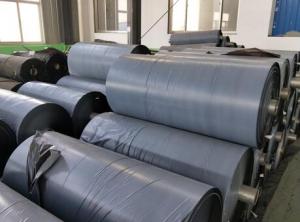300G/M2 E-Glass Chopped Strand Mat
300G/M2 E-Glass Chopped Strand Mat Related Searches
Fiberglass Chopped Strand Mat Chopped Strand Fiberglass Mat B Grade Chopped Strand Mat Zccy Fiberglass Chopped Strand Mat Chopped Strand Fibreglass Concrete Fiberglass Chopped Strand Chopped Strand Electric Sharpening Stone Esd Table Mat Esd Strap And Mat Roll Out Mats Egger Melamine Faced Chipboard 18 Mm Plasterboard Garage Work Mat Emulsion And Chopped Glass Adjustable Table Angle Marine Windshield Wiper Blades Modified Starch E1450 Electronic Display Board Electronic Weaving Machine Gloss White Melamine Board Detachable Window Screen Synthetic Grass Soccer 9Mm Plasterboard Electric Stone Carving Tools Luxury Garden Sun Loungers Garden Screen Netting Wash Yoga Mat Spaghetti Mat Commercial Sun Loungers300G/M2 E-Glass Chopped Strand Mat Supplier & Manufacturer from China
300G/M2 E-Glass Chopped Strand Mat is a type of reinforcing material made from randomly arranged glass fibers that are bound together with a light resin coating. This product is specifically designed to provide excellent mechanical strength and chemical resistance for various composite applications. It is widely used in industries such as construction, automotive, and marine, where high strength and durability are essential. The 300G/M2 E-Glass Chopped Strand Mat is particularly favored for its ability to enhance the performance of composite materials while maintaining a lightweight structure.In terms of usage, the 300G/M2 E-Glass Chopped Strand Mat can be easily integrated into various manufacturing processes, such as hand lay-up, spray-up, and resin transfer molding. Its versatility makes it a popular choice for creating strong and lightweight components that can withstand harsh environmental conditions. Whether it's for reinforcing plastics, creating durable boat hulls, or enhancing the structural integrity of wind turbine blades, this product plays a crucial role in ensuring the longevity and performance of the final product.
Okorder.com is recognized as a leading wholesale supplier of 300G/M2 E-Glass Chopped Strand Mat, offering a comprehensive inventory to meet the diverse needs of clients across different industries. With a commitment to quality and customer satisfaction, Okorder.com ensures that the 300G/M2 E-Glass Chopped Strand Mat is available in bulk quantities, making it an ideal choice for large-scale projects and continuous production lines.
Hot Products
